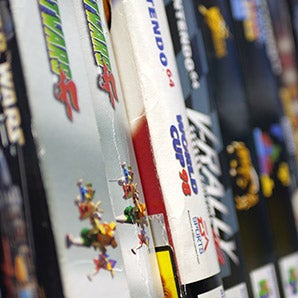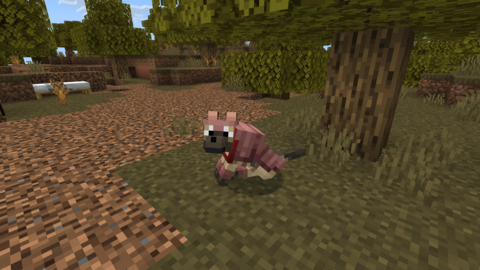This is the second in a guest column series from Time Extension, a site dedicated to bringing you the biggest news and features from the world of retro and classic gaming. Showcasing an exciting mixture of news, features, interviews, reviews, guides and much more, Time Extension seeks to elevate vintage gaming to the next level rather than treating it as a footnote.
Last week, there came the news that a new law was being introduced in California which forbids digital storefronts from using the words "purchase" and "buy" when it comes to downloads, reflecting the reality that such transactions are merely licences, and don't actually involve any kind of permanent ownership.
The intention of his law is simple – as we move ever closer to an all-digital future, it becomes more important than ever to make sure consumers are aware the money they hand over doesn't grant them unfettered and timeless access to things like movies, albums and video games. The small-print clearly states that the publisher can remove access at any time, and there have even been cases where items have been scrubbed from the digital libraries of people who have paid good money for them.
Some have already argued that this law, whilst welcome, doesn't go far enough to protect consumers, which is true – but it's hard to see how any legislation around online purchases could deal with events such as publishers going bust or media licencing issues removing a product from active distribution. It's not like creating a physical item, which remains reassuringly tangible even when the company behind it has long since gone bust. Digital content has to be hosted online, and with that comes a cost.
Instead, this law should hopefully convince those who have grown up with digital distribution that there is an alternative. Physical games aren't totally dead (yet); most AAA releases still get physical versions, and companies such as Limited Run Games and Superdeluxe turn what would be digital-only releases into real items – although often with painfully low production runs, admittedly.
Of course, embracing physical games also means dealing with having to keep track of where the disc or cartridge is at any given time, and hey, might even have to actually leave your house to buy them (although some would argue that the "shopping trip" element of gaming, which often bonds games to particular places, is something we should all seek to return to).
However, even this approach isn't without its issues. Many modern games (especially on Switch) ship without all of the game data on the game card; the expectation is that the rest of the game will be downloaded by the end-user when they first load it up and connect to the internet. Likewise, there are many other games which change dramatically over time thanks to patches and content updates; therefore, the version you get on the disc at launch often doesn't represent the "full" game a year down the line.
Taking all of this into account, we're headed to a gaming future which is inexorably tethered to the online experience, with or without laws which make it clear we don't actually own anything. So what's the solution?
The recent shutdown of the 3DS and Wii U eShops gives us some insight; when Nintendo pulled the plug – and therefore removed access to the hundreds of games available across both platforms – it proved to be all the justification some people needed to hack their hardware and obtain software they'd previously paid for by downloading it from the internet.
Such practice is rightly frowned upon by many within the gaming world, but others will argue passionately that this is simply a case of the community preserving what the industry won't. We've already seen quite clearly that the games industry as a whole simply isn't interested in making sure its history is preserved for posterity. I would also go as far as to say that without piracy, many digital exclusives would be lost forever. I really wish that wasn't the case, but it is. Looking even further back into history, without piracy/preservation, we would have lost access to countless titles across consoles, computers, arcades and handheld devices.
As consumers, we're in a bit of a weird spot right now. Convenience means that the vast majority of the population is happy to relinquish ownership in favour of instant movie and music streaming, but in the case of both of those industries, the ability to buy a physical disc means that your purchase can be truly permanent (well, for as long as the disc is readable, at least). Sure, albums and films get remastered all of the time, but it's not like you're missing out on the full experience if you only own the original release.
Games are a different due to the ever-changing nature of online updates and fixes, which means that while physical purchases certainly offer some degree of permanence in terms of ownership, you might not always have the "full" experience. Games with significant online modes are even more of an issue, as they are rendered entirely unplayable – unless the community steps in, of course.
There isn't a silver bullet which solves this problem, but the aforementioned Californian law does at least go some way to educating consumers about their rights when it comes to digital purchases – and that's a start, even if it's not the ultimate solution.
Damien McFerran is the Editor of Time Extension. He has been writing professionally about tech and video games since 2007 and oversees all of Hookshot Media's sites from an editorial perspective.





